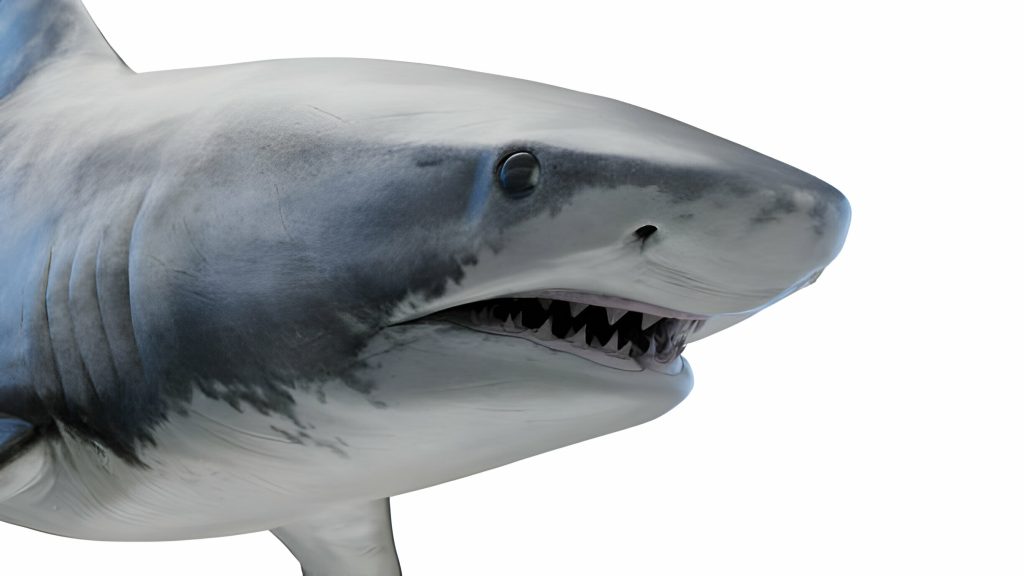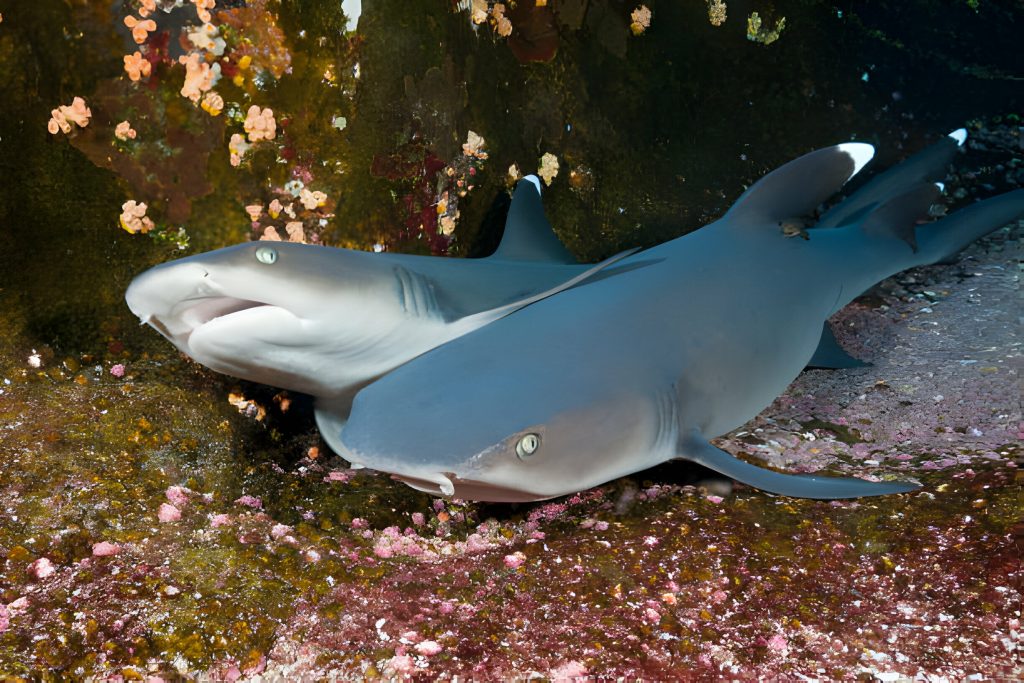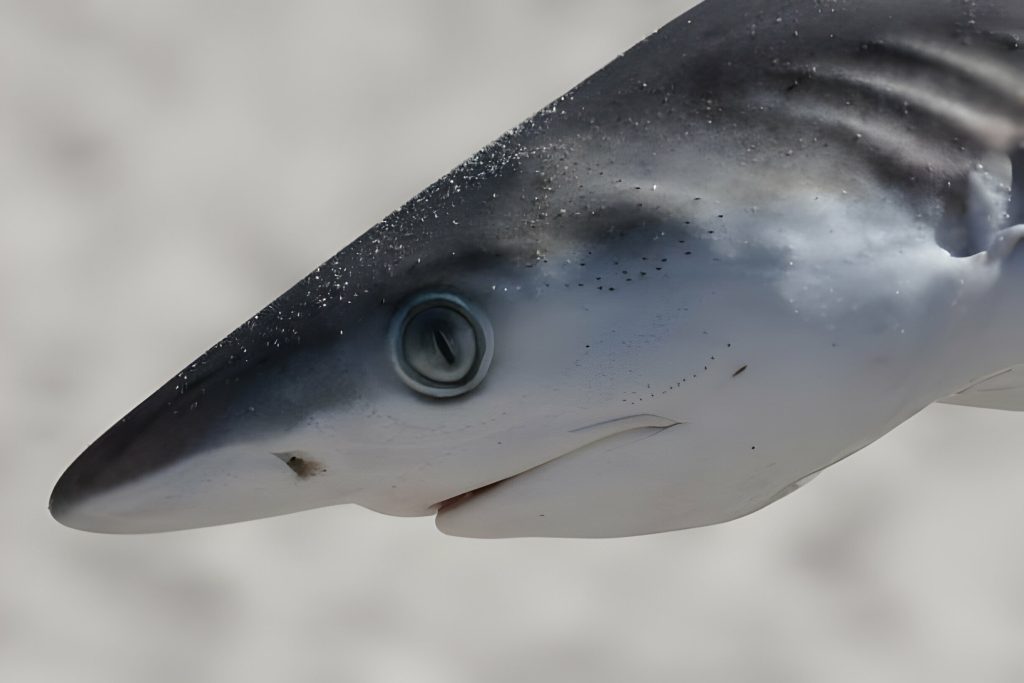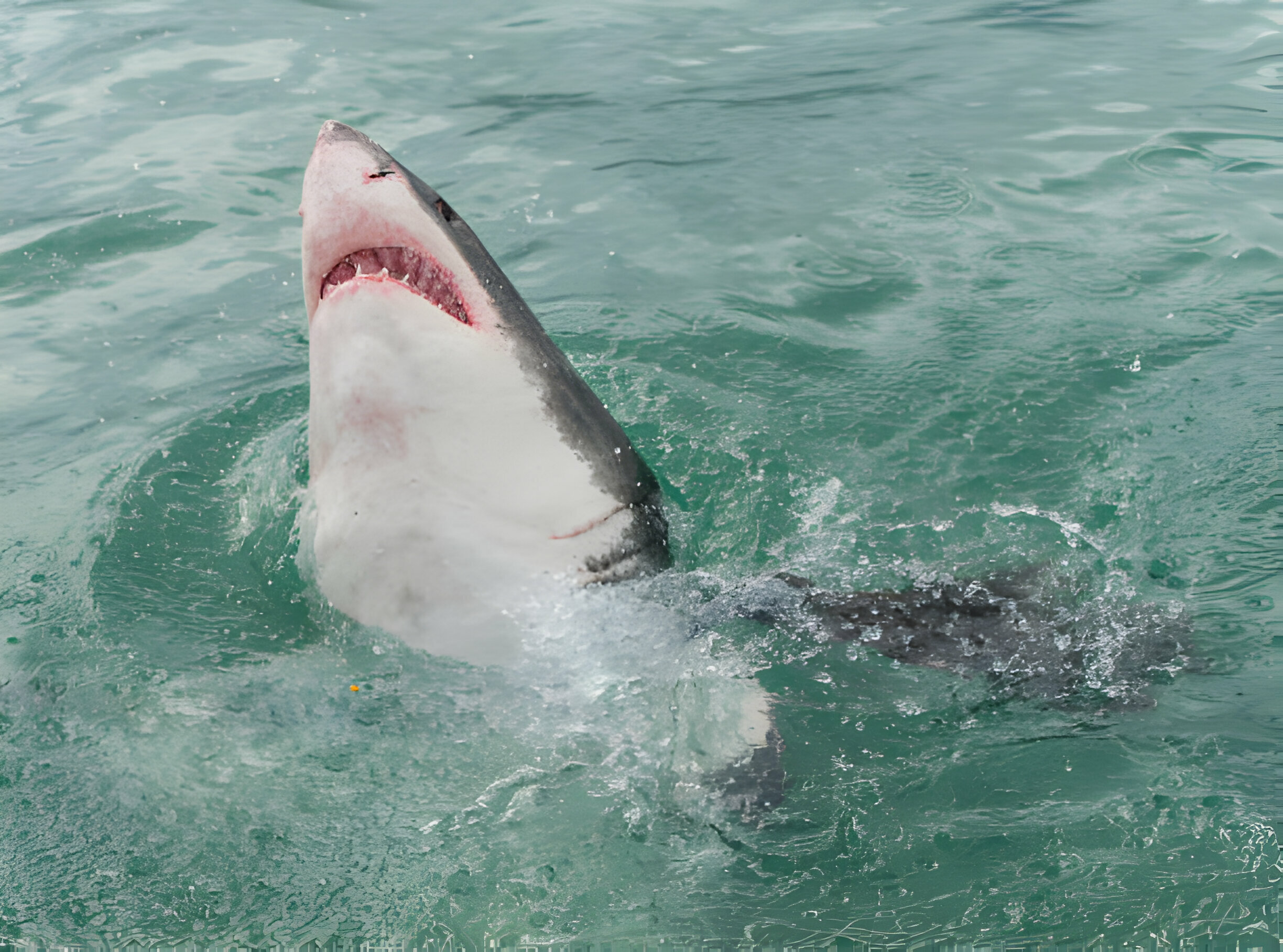Table of Contents
Discover the truth behind the existence of Do Sharks Have Tongues Learn their unique structures and functions, and how they differ from human tongues.
Do Sharks Have Tongues are among the most intriguing sea creatures known to mankind. They have been around since prehistoric times and continue to fascinate us today. One aspect of these magnificent animals that has always piqued our interest is whether they have tongues. In this blog post, we will delve into the world of shark anatomy to understand if indeed they have tongues and what roles they serve. Do sharks have tongue.
Anatomy of Do Sharks Have Tongues

Unlike humans who have muscular tongues, sharks have cartilaginous ones. Their tongues are rigid and serve various purposes during feeding and swallowing. For instance, they help retain food in place when sharks bite and tear it apart. Additionally, shark tongues contain papillae that latch onto prey and taste buds to discern flavors. Do great white sharks have tongues? Get More Info Shark.
Types of Shark Tongues
Different shark species exhibit diverse types of tongues adapted for specific feeding needs. For example, the cookie-cutter, bullhead, and carpet sharks all have specialized tongues designed for efficient feeding. Each type serves its purpose based on the dietary habits of each species. do sharks have a tongue?
Misconceptions and Clarifications
There are several misconceptions regarding Do Sharks Have Tongues. Many people believe that sharks use them for breathing or swimming. However, this isn’t true; shark tongues primarily function in feeding and swallowing. Another misconception is that sharks can stick out their tongues. Since they are attached to the floor of their mouths (due to being made of cartilage), they cannot be extended outside their mouths. do shark have tongue?
Taste Perception in Sharks
Although sharks do not have traditional taste buds on their tongues, they still perceive tastes through specialized sensory organs called lateral lines. These organs allow sharks to detect prey in the water without relying solely on taste buds located within their mouths. do sharks have tongues images?
Behavioral and Ecological Implications.

How the absence or presence of tongues affects shark behavior:
The presence or absence of tongues could potentially impact shark behavior significantly. For instance, sharks with specialized tongues might feed differently compared to those without such specialized structures. Similarly, the way they capture and consume prey may vary depending on their tongue type. Furthermore, the absence of tongues might force sharks to rely on other methods of capturing prey, leading to changes in hunting strategies. do sharks have tongues in their mouth?
Role of tongues in other animals and potential parallels in sharks:
Other aquatic animals also have specialized structures similar to shark tongues. For example, some fish species have barbels, which are elongated appendages used for sensing and locating prey. It would be interesting to study if there are any parallels between these structures and shark tongues, particularly in terms of their ecological significance and functional roles. do sharks have tongues yes or no?
Ecological significance of tongue-like structures in sharks:
The presence of specialized tongue-like structures in sharks could have significant implications for their ecosystems. For instance, these structures might enable sharks to occupy specific niches in the food chain, thereby affecting the dynamics of predator-prey relationships. Additionally, the presence of specialized tongues could influence the distribution patterns of shark populations across different habitats. do whale sharks have tongues?
Research and Scientific Studies

Overview of existing research on shark anatomy and physiology
Several studies have been conducted over the years to better understand shark anatomy and physiology. These include investigations into their skeletal systems, respiratory mechanisms, digestive processes, and neurological systems. Much of this work has focused on identifying unique adaptations that distinguish sharks from other vertebrates. do sharks have tongues?
Findings related to the presence or absence of tongues in sharks
Recent scientific findings suggest that some shark species do have tongues, although they are structurally different from human tongues. Further research is needed to determine the exact number of shark species with tongues and to identify the specific functions served by these structures. See More Info Tips.
Gaps in current knowledge and areas for future research
Current knowledge gaps concerning shark tongues include questions about their evolutionary origins, developmental processes, and ecological impacts. Future research should aim at filling these gaps by conducting detailed comparative analyses of shark tongues across different species. Such studies could provide valuable insights into the functional roles played by these structures and contribute to a deeper understanding of shark biology.
Final Thoughts
Yes, Do Sharks Have Tongues do have tongues – albeit quite different from ours. They serve vital roles in feeding and maintaining balance while eating. Moreover, certain shark species boast specialized tongues tailored to their diets. Lastly, despite having no traditional taste buds on their tongues, sharks still manage to detect flavors via alternative means. So next time you encounter a shark, remember that beneath its fearsome exterior lies a creature with a unique set of anatomical features.
FAQs:
Do all shark species have tongues?
Yes, all shark species have tongues, but they differ from human tongues. Shark tongues are made of cartilage and play a crucial role in feeding and swallowing by helping to hold food in place while sharks eat.
Can sharks taste with their tongues?
Sharks do have taste buds on the inside of their mouths, but they primarily rely on specialized sensory organs called lateral lines to detect prey in the water rather than using taste buds on their tongues.
Do sharks use their tongues for breathing or swimming?
Contrary to common misconceptions, sharks do not use their tongues for breathing or swimming. Shark tongues are primarily involved in feeding and maintaining balance while eating, not in respiratory or locomotive functions.




